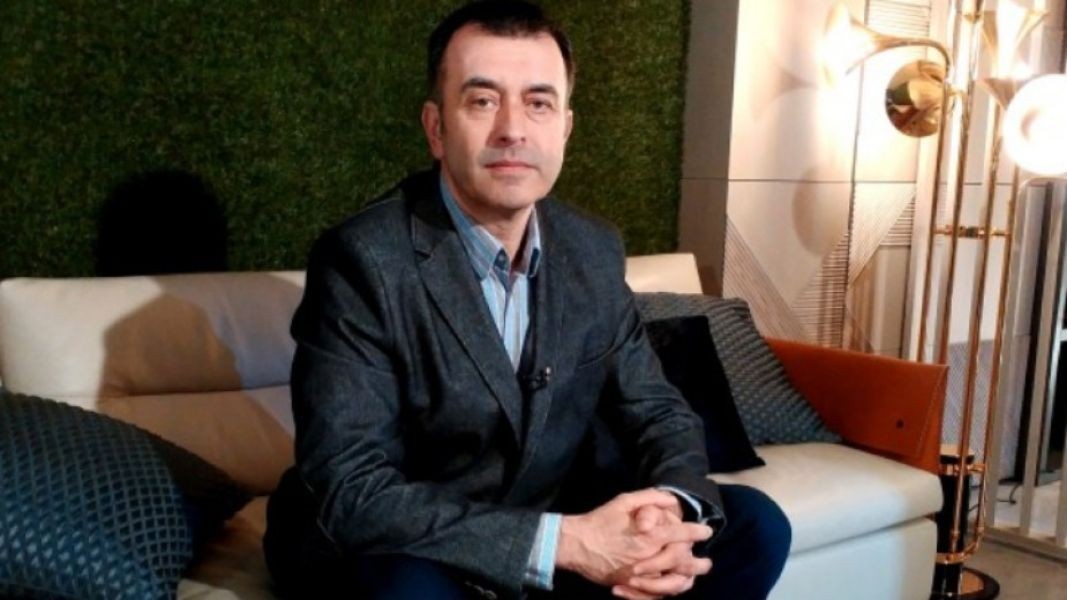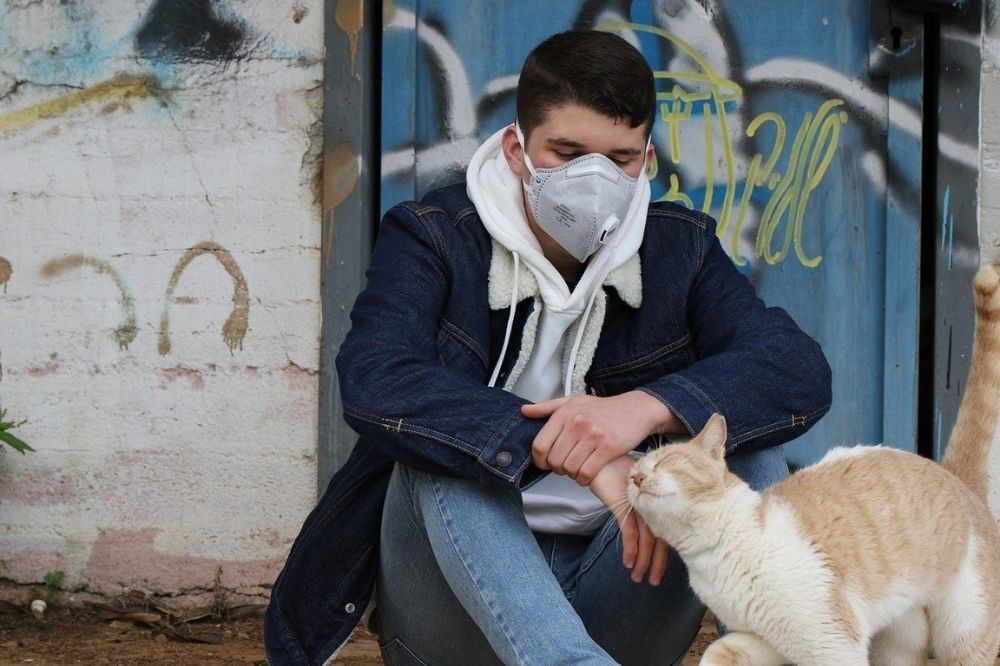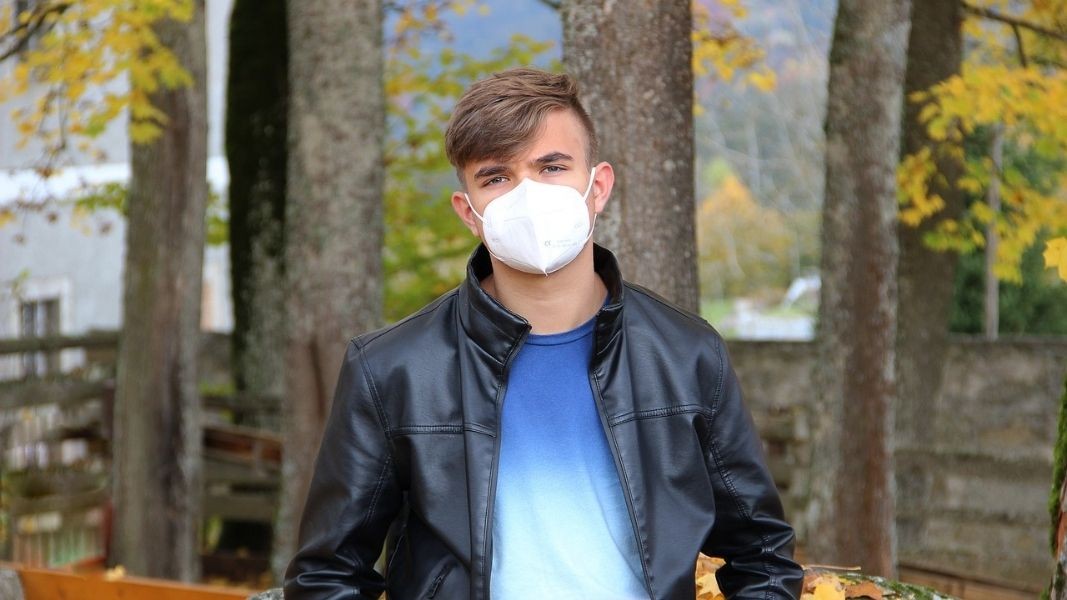Lonelier, warier of emotional commitment yet longing for intimacy. The obvious effects and traumas of our isolation from one another raises a host of different questions. How long, once summer is over, are we going to be able to cling to the illusion of our apparent return to “normalcy”? Connecting, affection, empathy – what dimensions are they going to take? Are we ever going to get our old lives back?
“When we spend a long time in inner emotional isolation we tend to get accustomed to it,” says psychoanalyst and therapist Ognyan Dimov. “But that is a very dangerous thing because major inner trauma from the past and emotional deficits begin to surface. And we find we are alone with our inner problems, at the basis of which is our need to communicate. So, shut up in an emotional vicious circle, it is very difficult for us to find our way out.”

Which are the groups of people who will come out of the pandemic with more severe psychological trauma?
“What surprised me most was that teenagers turned out to be particularly susceptible to what is happening in the social world,” Ognyan Dimov says. “But that is understandable because at their age they forge the most important contacts but now they were restricted. As to the people in the active age bracket they didn’t seem to be ready to confront what they had left behind – partner contacts, a genuine emotional connection with the children, and they realized they couldn’t go on faking it. All the more so that there are many people who tend to quantify their relationship with their partner, with their children, instead of simply enjoying the contact.”

Ognyan Dimov says that the oldest people – who watch the world mostly through the windows of their homes – carry the heaviest burden of loneliness. That is why their suppressed problems, their emotional deficits catch up with them. But whatever generation we may belong to we are all showing signs of how difficult it is to cope with isolation, with controlling our fear of being left alone.

“It is going to be very difficult for us to start opening up because we have accumulated so many fears of others,” Dr. Dimov goes on to say in an attempt to see what life will be like “after”. “Before the epidemic we tended to communicate with one another indiscriminately and without giving it much thought, in the past year we were forced to keep our distance and different fears prevailed. And that meant one thing – that it will be difficult for us to address our small everyday fears in our usual environment. That is why if we don’t apply our common sense to what is going on, if we don’t muster the courage to open up to others, to go on with our normal lives – because relationships, social commitment are ingrained in humans – all this could have a devastating effect on our psyche, on our entire lives.”

When one day the masks come off, literally, we shall have to re-learn our social skills. And most of all, we shall have to learn not to be afraid of emotional commitment, the expert says. As much as we may shut ourselves up behind glass walls in an attempt to turn our homes into our sanctuary, our imaginary world, our illusions, our imagined “anchors”, as much as we try to keep our distance from our fellow humans, we shall never eradicate the need for companionship. That is why the psychoanalyst advises: “We should give serious thought to how to keep ourselves protected, taking the risk of human contact instead of abdicating from human interaction altogether.”
Photos: library, BNR-Varna and Pixabay
The Bulgarian-Albanian Business Chamber (BABC) will support the connections between the Albanian and Bulgarian communities in the business sector, with the ambition to create a unique space that will link the diaspora with its roots. It will play an..
After almost 80 years, a new breeding colony of the endangered Dalmatian pelican has appeared in Bulgaria . The birds have settled on artificial islands built by the Bulgarian Society for the Protection of Birds (BSPB) in the Mandra-Poda Complex, a..
On 25 January 1935, Tsar Boris III signed the decree establishing the Bulgarian National Radio. The document, which officially marked the beginning of "Radio Sofia", as the Bulgarian National Radio (BNR) was then called, made radio broadcasting in Bulgaria..
Deanna Haag was born in Cleveland, Ohio, USA. She grew up dreaming of adventure and new horizons. After graduating from Wittenberg College in Ohio..

+359 2 9336 661
